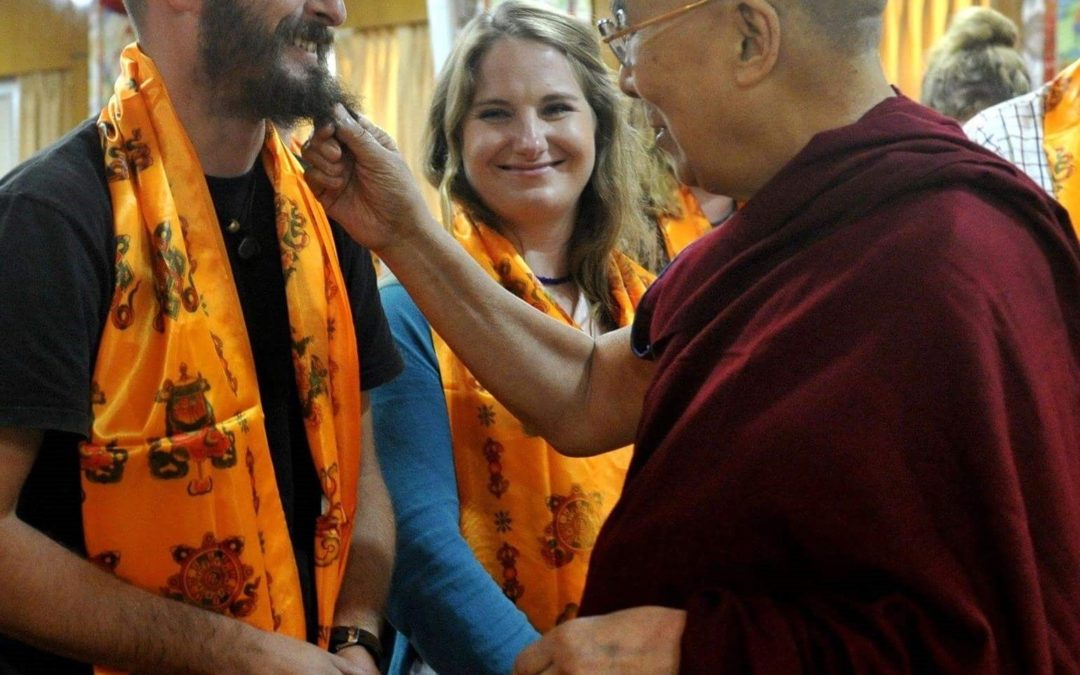Successful gap years require a strategy and this blog will help you avoid 5 gap year mistakes.
Gap years have long been popular in Europe and are gaining more traction in the United States—and for good reason. According to a Gap Year Association survey, study abroad students frequently tout the benefits of their gap years. 98% claimed it helped them develop as a person. 84% added it helped them gain skills needed for success in their future careers.
Taking time off from school or work is a big life change, and careful planning is essential for ensuring you make the most of your experience. When planning your gap year, make sure to avoid these 5 gap year mistakes.
Mistake #1: Treating a Gap Year Like a Vacation
While many people take gap years to take a step back from the pressures of school, relaxing isn’t the sole purpose of a gap year; rather, it’s to seek out experiences and feel more prepared, keen and eager for college and adult life.
While gap years shouldn’t cause immense stress, they should be treated as an opportunity to make a difference or give back. That’s by getting a job, volunteering, learning a local trade, using new found skills to instruct or inspire others . Wherever you plan to travel, research organizations that may need volunteers or who can offer you training and learning and cultural immersion opportunities. Seek out work with a local business and learn a new craft. You’ll learn from the experience and contribute meaningfully to the local community.
Mistake #2: Forgetting to stay in touch
When you’re in school, you’re used to seeing your friends and family regularly, so there’s no need to plan when you’ll next speak. However, when you’re traveling or away from home, you may go months without seeing your loved ones. If you don’t plan at least a little, you (and them) might find it quite frustrating. Yes, social media, whats app and text messages are handy but nothing beats a proper call or video link.
Research international phone plans and if they don’t fit your budget or don’t meet your needs, investigate international calling alternatives. Multiple call and text apps can be simpler and cheaper to use. Try to make your ‘phone-homes’ a regular and timetabled part of your travel. Then everyone knows when to expect contact and can plan their routine around that -they still have lives to lead when you are not there!

Mistake #3: Only Planning the First Few Months
Planning out an entire year may sound extreme, but you’ll thank yourself later. While you don’t need to have a detailed itinerary for every day of the year, outlining a roadmap will help you stay on track. Ideally, you’ll know where you’ll be during any given week in the year.
When planning your year, aim to balance these essentials;
- Purposeful activity e.g. working, volunteering, training or learning. This can be both at home and abroad.
- Visiting your priority destinations/events AND exploring hidden gems off the beaten path when overseas. While researching and planning visits to tourist destinations won’t be difficult. Finding the unique, locals-only adventures will take some research.
- Some unstructured time to relax, reflect and re-charge.
- Some focus on the return home. Prepping to reengage, re-focusing and being ready for the next steps in your life.
Mistake #4: Budgeting Just Enough to Cover Expenses
Even for the most seasoned traveler, mistakes happen. Flights are missed. Hotels are double booked. Budgets are essential for daily life, and they particularly come in handy when taking a gap year.
When preparing your finances for a gap year, first account for the major and most important expenses. Including transportation, lodging, food, must do activities, any reoccurring bills (e.g. phone).
Then, decide what other experiences are most important for you and how much you anticipate spending daily. Once you add up your anticipated expenses, double the amount. This is one of the most common rules of thumb for traveling. It provides you a cushion in case of emergencies and other additional expenses.
Mistake #5: Neglecting to Adjust to Cultural Customs
Whether you’re visiting a location for one week or five months, make the effort to integrate with the locals. Respect their customs and cultural norms. Not only is it respectful to the locals but it will also help you experience different ways of life and feel more at home.
Before you begin your gap year, research the country where you’ll be traveling. It’s a good idea to understand their popular cuisine, religion, dress codes, daily living habits, holidays, and greetings. Depending on where you’re going, you may also need to learn a new language or pick up on local phrases and gestures. This will help you fit in with the locals from day one.
Preparing for a gap year is both exciting and nerve-wracking. When planning out your year, consider these tips so you can avoid the 5 common gap year mistakes and enjoy a life-changing experience!
Edited from an original blog submitted by Jenna Muir – [email protected]


